How Nigeria’s Foreign Policy Can Be strong — Peter Obi, Gbaja
Unless Nigeria moved away from being a consumer nation to a production one, fix it security and economic challenges, its foreign policies would still be ineffective, stakeholders have said.
The stakeholders are former Governor of Anambra State and 2023 presidential aspirant, Peter Obi; Speaker of the House of Representatives, Femi Gbajabiamila; Deputy Minority Leader of the House, Toby Okechukwu and the former Minister of Foreign Affairs and Nigeria’s Permanent Representatives to the United Nations, Ambassador Aminu Wali.
They spoke at a public presentation of a book titled “Reflections on Nigeria’s Foreign Policy 1960 to 2020”, in Abuja on Wednesday.
Obi
Obi, who was a special guest to the event, said that Nigeria should first build a virile economy and conquer poverty before moving out of its shores to helping other countries.
He said: “If you have a strong economy and an expected economic development pace that is strong, that reflects your foreign policy, the way people take you, relate with you, see you.
“As it is today, if you look at Nigeria in terms of economy and everything, we are headed south.
“So, it is difficult to have a strong foreign policy because what are you going to contribute outside when you are not even doing well inside?
“We should focus on turning around Nigeria from consumption to development, pulling Nigerians out of poverty and ensuring that you build a better future for Nigerians and then you have a strong domestic policy where people have employment and everything, and then, that translates to your foreign policy.”
Gbaja
In his remarks, the Speaker of the House of Representatives, Gbajabiamila said that Nigeria’s foreign policy must be beneficial to it.
“What we know, and have learned from both our recent experience and the experiences of others is that in this new world, our foreign policy must unapologetically define the terms on which we engage the rest of the world to address the different manifestations of our shared challenges so that we can each and together survive through this new age of promise and peril.
“To do this, we must establish the values that define us, and be clear about the concerns that motivate us and the interests that inspire us.
“Our nation’s foreign policy defines the terms on which we engage with the rest of the world.
“It is through our foreign policy that we declare who we are, what we stand for, and the principles we hold dear and will defend as we have done here at home and abroad in South Africa, Liberia, Sierra Leone and everywhere else we have been called.
“In this new age, when we are confronted by challenges that affect us all, a global response is the best way to ensure our collective survival.
“From issues of public health to the challenges of terrorism and the myriad difficulties of globalisation, international collaboration is necessary to find and implement solutions that will improve the lives and circumstances of people all over the world,” he said.
Dep Minority Leader
Speaking earlier, the deputy minority leader, Okechukwu who was one of the authors also harped on focusing on local challenges.
He said that efforts should be geared towards industrializing the country.
“The country must make all efforts to industrialize, keep pace with the present global technological innovations, genuinely democratize by permitting her citizens the fundamental human rights they desire and strive to enjoy.
“Nigeria will only achieve these feats if her leadership is focused on achieving national interest and not self-centered interest based on ethno-religious identities and partisanship.
“This is why the nation must also institutionalize her core national values, philosophy and culture that will act as a compass for good leadership.
“This will help the nation to see national interest through the prism of core national values. The country needs to reposition her foreign policy strategy to meet up the current international realities, if it must be taken seriously among the comity of nations.
“All said, no amount of diplomatic craftsmanship can make a country to successfully project her image significantly above the level of her real time socio-economic and political development circumstance.
“Therefore, a focus on development issues is key in building a strong and influential voice in regional, continental and global affairs.
“Presently, you cannot be faring well when your local dynamics and economics are not bright.
“Our security and economic situations are the things that impact the foreign policy you have and you cannot be observing treaties and agreements in breach because it must be supported by local enabling environment. When it’s not enabled, then, you are going to have issues.
“Let’s look at our local polices and domestic environment. Once we get it right, we are good to go.
“We need to know the interfaces we have regarding the issues that guide us. The quality of leadership provided by various regimes and by deductive reasoning, we will be able to know what to adjust and what no to and as we rewrite our foreign policy direction, we will able to, we can make an assessment on where to go and how to get it right”, he said.
Wali
On his part, the chairman of the occasion and former Foreign Affairs minister, Aminu Wali.
“The success or otherwise of any foreign policy depends on the input both internally and externally because they go along hand in hand.
“It is something that would give recognition to the nation based on its capacity and ability to promote its internal policies to be acceptable and also at the same time to be able to have an understanding and connection with others nations in the world.
“For example we have not been successful in trying to push our position as a permanent member in the UN.
“In Africa, no country deserves it other than Nigeria, but we have not been able to make it and this because while we may have a policy that is Afrocentric but at the same we are not getting the same respect that we give our neighbors and colleagues in Africa because we have suffered to ensure that there is peace and security in a lot of parts of Africa.
“Unfortunately situations on Nigeria changed. Today our situation does not augur well considering our own security in the country.
“The strength of our foreign policy is dependent our those things, politically, economically and militarily.
“So, these are issues we should keep facing and hope that successive administrations that would come and go would take a good look at what this book is saying”, he said.
The book was which was unveiled in Abuja was co-authored by Emmanuel Ukhami and Tony Onyishi.
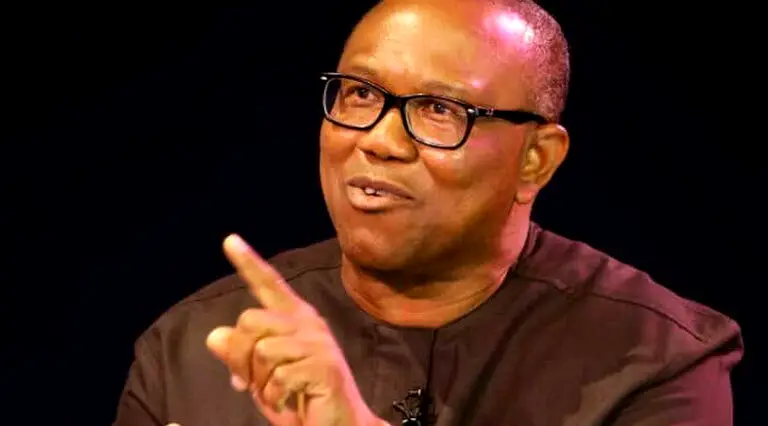

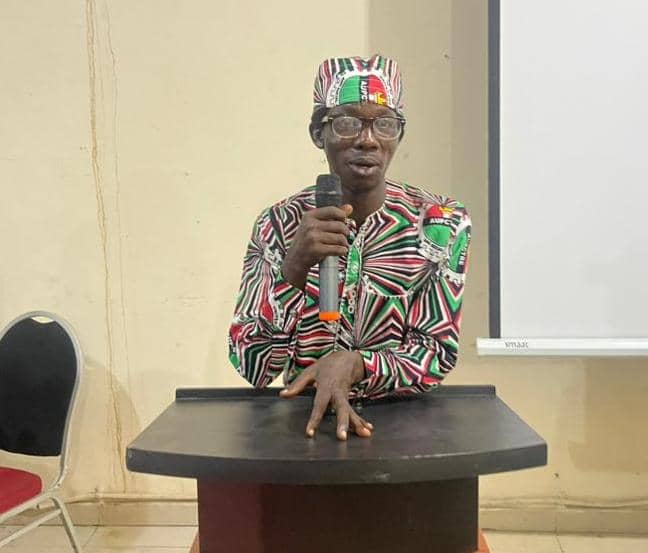
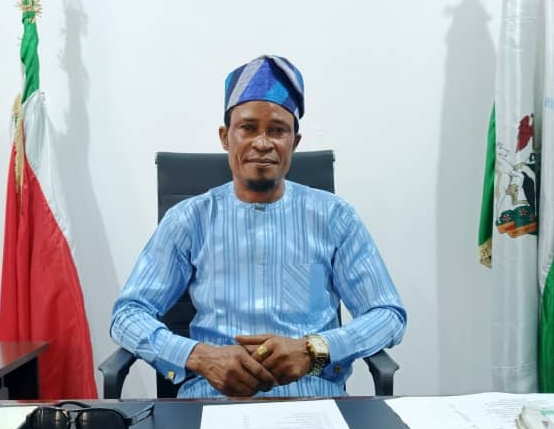
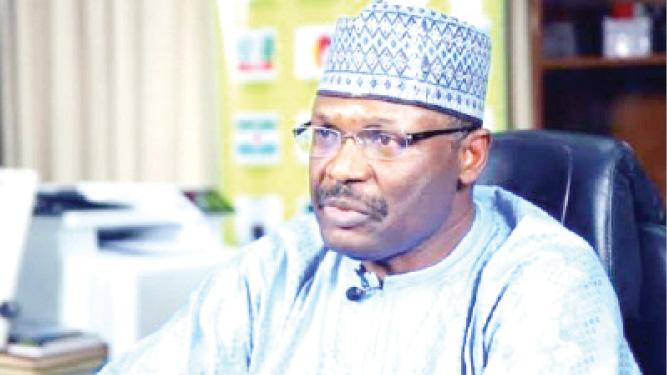

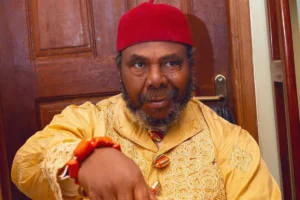
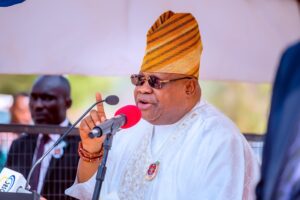






Post Comment